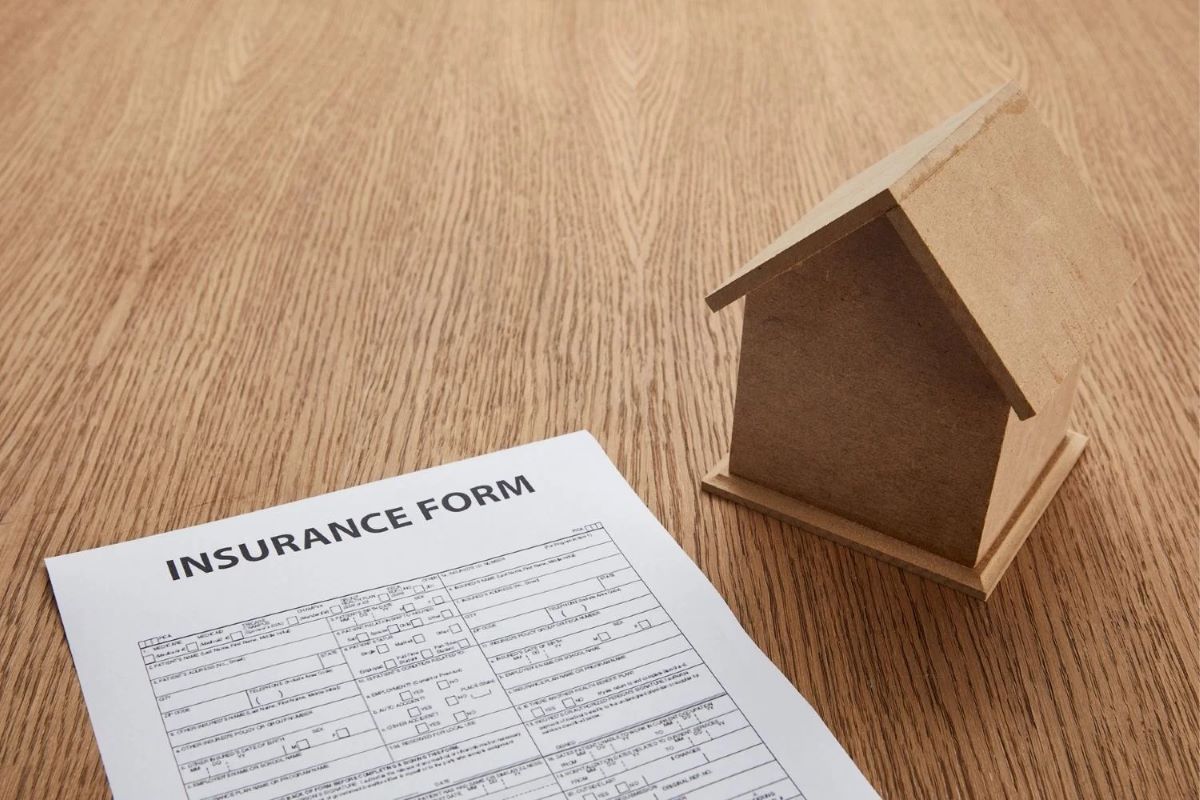

Finance
Absentee Landlord Definition
Published: September 25, 2023
Learn about the absentee landlord definition and its impact on the world of finance. Discover the significance of this concept in the realm of property management and investment.
(Many of the links in this article redirect to a specific reviewed product. Your purchase of these products through affiliate links helps to generate commission for LiveWell, at no extra cost. Learn more)
Absentee Landlord Definition: Understanding the Role of an Absentee Landlord in Real Estate
When it comes to the world of real estate, there are various terms and roles that you may come across. One such role is that of an absentee landlord. But what exactly does being an absentee landlord mean? In this blog post, we will dive into the definition of an absentee landlord, their role in real estate, and why they are an important component of the finance industry.
Key Takeaways:
- An absentee landlord is an individual or entity that owns a property but does not reside on the premises.
- The role of an absentee landlord involves overseeing property management tasks, rent collection, and maintenance.
So, let’s start by answering the question: What is an absentee landlord? An absentee landlord is an individual or entity that owns a property but does not reside on the premises. They may be a property investor, a financial institution, or even a homeowner who owns multiple properties and chooses not to live in any of them. Instead, they entrust the management and maintenance of their properties to a property manager or a property management company.
An absentee landlord plays a vital role in the real estate industry. Here are a few key reasons why they are an important component of the finance industry:
- Property Management: As an absentee landlord, their primary responsibility is to oversee the property management tasks. This includes finding tenants, screening applicants, handling lease agreements, and ensuring that the property is well-maintained.
- Rent Collection: Another significant responsibility of an absentee landlord is rent collection. They are responsible for setting rental rates, informing tenants about rent increases or any other changes, and ensuring timely collection of rent payments.
- Maintenance and Repairs: Maintaining the property and addressing any repairs or maintenance issues that may arise is also a crucial part of an absentee landlord’s role. They need to ensure that the property is well-maintained and habitable for the tenants.
- Financial Management: This role also involves handling the financial aspects of owning a property. They need to keep track of income and expenses related to the property, handle property taxes, insurance payments, and budget for future improvements or repairs.
In addition to the above responsibilities, an absentee landlord may also be involved in making important decisions regarding the property, such as deciding on renovations or property upgrades, negotiating leases, or even selling the property if necessary.
In conclusion, an absentee landlord is an individual or entity that owns a property but does not reside on the premises. They play a significant role in the finance industry by overseeing property management tasks, rent collection, maintenance, and other financial aspects of owning a property. Understanding the role of an absentee landlord is crucial for anyone interested in real estate and finance.
If you’re looking for further information on the world of finance and real estate, be sure to explore our other blog posts in the “FINANCE” category.














